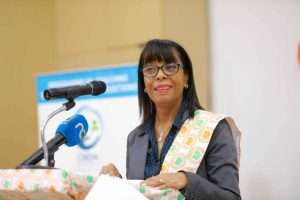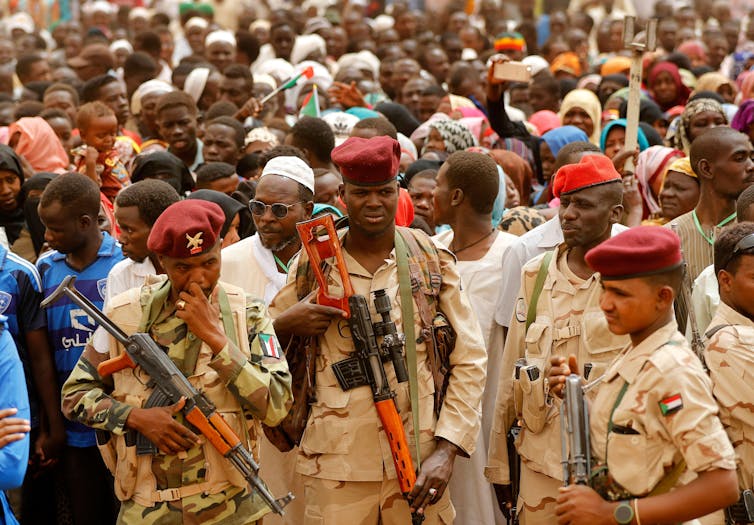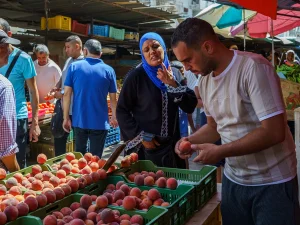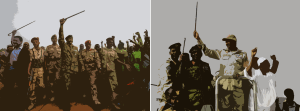Death charges in Gambia over female genital mutilation
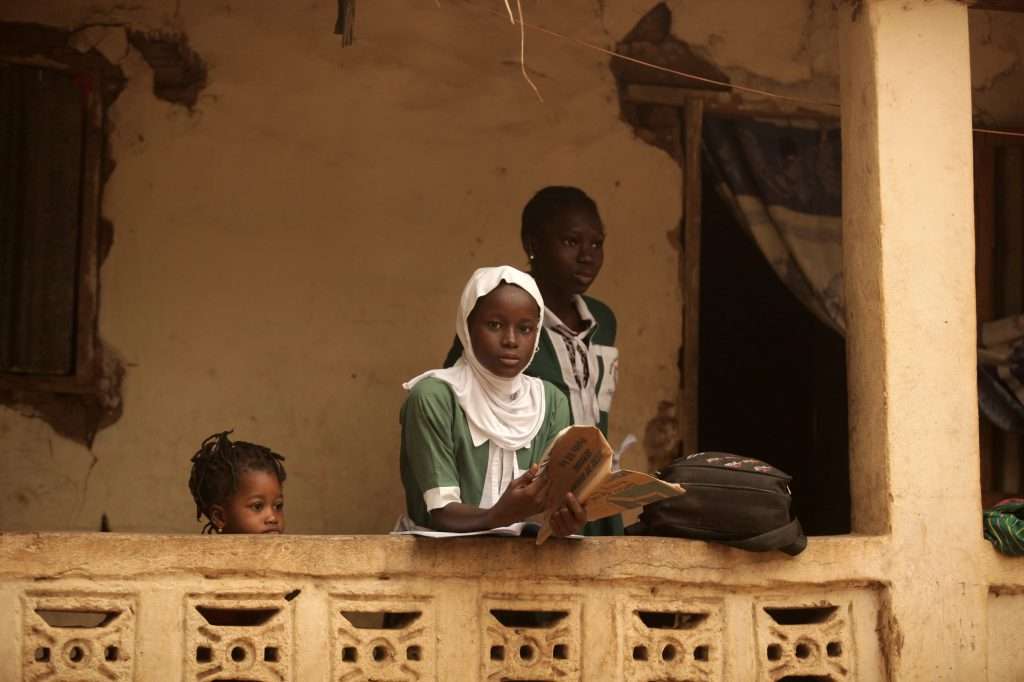
Three women in Gambia have been charged over the death of a one-month-old girl who died from female genital mutilation (FGM), as reported by AP News on August 14th.
This is the first case of a charge over FGM since the country almost reversed a ban on the practice last year. The ban has been in place since 2015, and last year saw the first prosecutions of female cutters bring FGM into unprecedented public discussion.
Despite the ban being upheld, many say the practice continues in secrecy, according to the outlet.
The three women were charged under the Women’s (Amendment) Act 2015, which became public knowledge following a social media statement from the Gambian police on 13th August. One woman is facing life behind bars, and the other two were charged as accomplices.
The child was allegedly “subjected to circumcision and later developed severe bleeding,” the police reported on August 10th. She was “pronounced dead on arrival” at the Bundung Maternal and Child Health Hospital.
The UN estimates that around three-quarters of Gambian women have gone through FGM, which includes the partial or full removal of a girl’s external genitalia. It’s a form of torture, according to the World Health Organisation.
Over 200 million women and girls worldwide are FGM survivors, mainly residing in sub-Saharan Africa, according to UN estimates. In the past eight years, around 30 million women have experienced FGM worldwide, not only in Africa but also in Asia and the Middle East, according to UNICEF.
FGM is typically carried out by older women or traditional community practitioners, often using razor blades, and can cause serious bleeding, death, and complications in later life, including in childbirth.
Supporters of FGM say it is integral to Gambian culture and the teachings of the Prophet Muhammad. Those against the campaign say its supporters are hindering women’s rights in pursuit of tradition, according to the outlet.
The chair of the National Human Rights Commission, Emmanuel Daniel Joof, said their task was now to “enforce it (the law) fully and fairly, without fear or favour” amid a “national wake-up call.”
Civil society groups have expressed “sorrow and outrage” at the incident.
AP, Maghrebi
Want to chase the pulse of North Africa?
Subscribe to receive our FREE weekly PDF magazine





